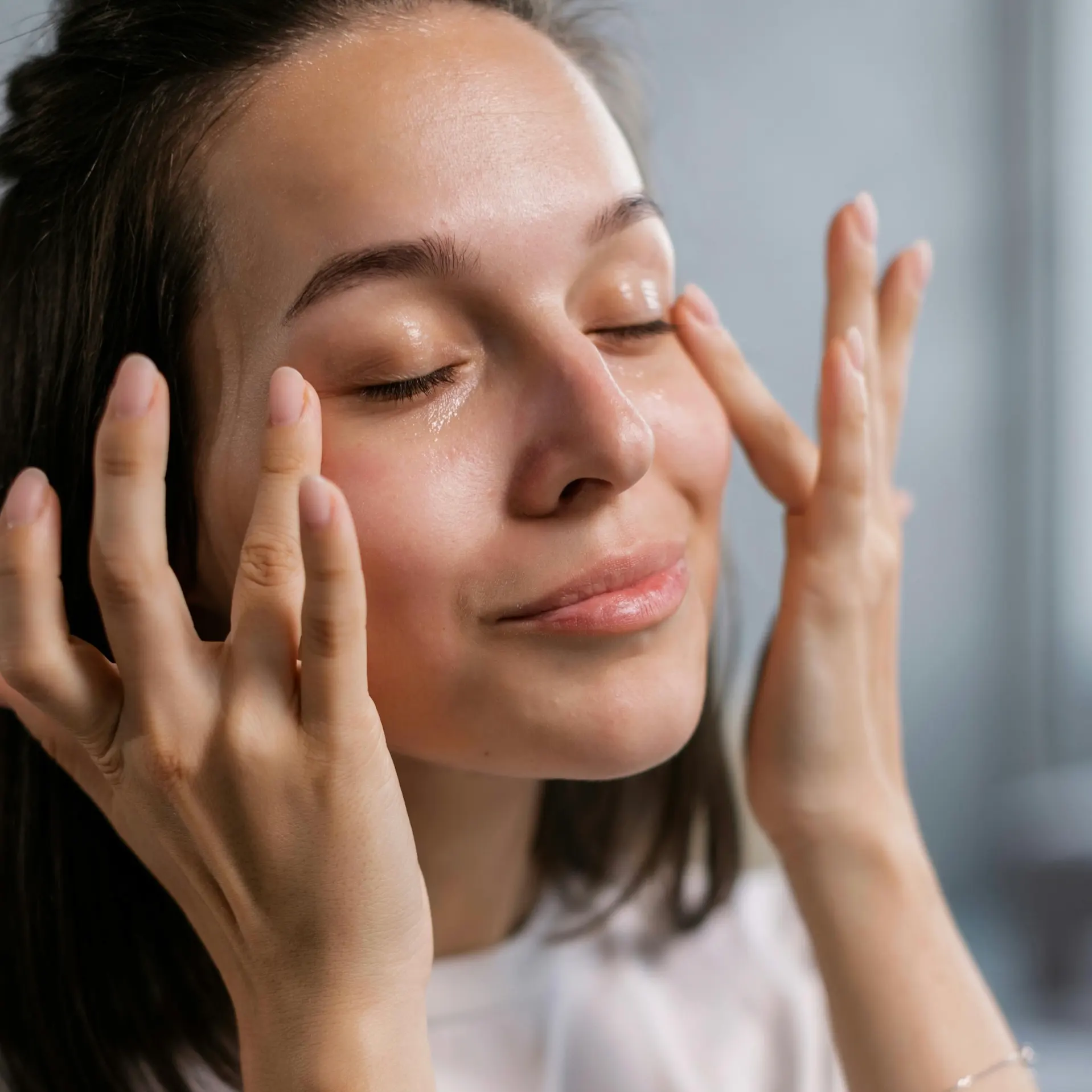Clay face mask benefits, how they work, and how to use them


Clay has been used in skincare for thousands of years, and for good reason. From helping to clear pores to absorbing excess oil, clay face masks are one of those quietly effective rituals that support healthier-looking skin over time.
But what does a clay face mask actually do, and why does it work so well for so many skin types?
If you’ve ever wondered whether a clay mask is right for your skin, or how to use one without causing dryness or irritation, this guide breaks it down simply, clearly, and without hype.
Key takeaways
- Clay face masks help draw out impurities and excess oil, supporting clearer-looking pores
- Different clays suit different skin needs, from oily and congested to sensitive and reactive
- Regular masking can help improve skin texture, balance oil, and calm inflammation
- Using a clay mask once a week is usually enough to keep skin feeling fresh and supported
What does a clay face mask do?
A clay face mask helps absorb excess oil, lift impurities from the skin’s surface, and support clearer-looking pores. Mineral-rich clays also offer gentle exfoliation, which can help improve skin texture and leave skin feeling more balanced and refreshed when used regularly.
What is natural clay?
Natural clay is a fine-grained, mineral-rich material formed over thousands of years through the weathering of volcanic ash and rock. It has been used in skincare across many cultures, from ancient India and Egypt to Greek and Roman bathing traditions.
In modern skincare, clay is valued for its natural mineral content and gentle physical structure. Different clays vary in texture and mineral makeup, which is why some feel more absorbent, while others are softer and more suitable for sensitive skin. This natural variation allows clay face masks to be tailored to different skin types and concerns.
Types of clay used in face masks
There are several types of clay used in skincare, each with its own benefits. Here are some of the most popular:
Bentonite clay
Derived from volcanic ash, bentonite clay is known for its high absorbency, making it a popular choice for combination, oily, or blemish-prone skin. It helps absorb excess oil and impurities from the skin’s surface and naturally contains minerals such as calcium, iron, and zinc. Bentonite clay is often used in masks designed to support clearer-looking skin and calm visible irritation.
Kaolin clay
Kaolin clay is one of the gentlest clays used in skincare, which makes it well suited to sensitive or easily unsettled skin. With a neutral pH and a high silica content, it offers mild exfoliation without stripping the skin of its natural oils. Kaolin helps absorb excess sebum while leaving the skin feeling soft, comfortable, and refreshed.
Moroccan lava clay (Rhassoul Clay)
This mineral-rich clay comes from the Atlas Mountains and has long been valued for its cleansing and refining properties. Moroccan lava clay helps lift impurities from the skin while gently exfoliating, which can support smoother-looking texture. It’s often used in masks for skin that feels congested, dull, or in need of a refresh.
French green clay
French green clay gets its natural green colour from decomposed plant matter, such as algae and kelp. It is particularly valued for its oil-absorbing properties, which makes it well suited to skin that feels oily or congested. French green clay is also naturally antibacterial and calming, which may help reduce the appearance of breakouts and visible redness.
It’s commonly used in masks designed for oily or congested skin, where balancing excess oil without over-drying is key.

What are the benefits of a clay face mask?
Clay masks offer a range of benefits and can be a helpful addition to a balanced skincare routine. Here are some of the ways they can support the skin:
- Cleanses and clarifies – clay helps draw out impurities, dirt, and excess oil, supporting clearer-looking pores
- Helps absorb excess sebum – useful for reducing shine without stripping the skin of essential moisture
- Supports blemish-prone skin – the natural antibacterial properties of some clays may help reduce the appearance of blackheads and breakouts
- Soothes visible inflammation – certain clays, including bentonite and kaolin, have naturally calming properties that can help ease redness and irritation
- Encourages a healthy glow – mineral-rich clays gently exfoliate the skin’s surface, helping improve overall texture
- Leaves skin feeling soft – by lifting away dead skin cells, clay masks can leave skin feeling smoother and more comfortable

How often should you use a clay face mask?
For most skin types, using a clay face mask once a week is enough to keep pores clear and skin feeling balanced. If your skin is oilier or more congestion-prone, you may enjoy masking twice a week, as long as your skin feels comfortable afterwards.
Clay masks can also be a lovely reset when skin feels dull, congested, or in need of a little extra care.
Choosing a clay mask that feels right for your skin
At Amaranthine, our clay face masks are made with carefully chosen, minimally processed clays and calming botanicals. Each formula is created to support the skin gently, without unnecessary fillers or harsh ingredients, and is certified palm oil-free and cruelty-free.
If you’re curious to explore clay masking in a way that feels considered and skin-supportive, our range of natural clay face masks is designed to sit comfortably within a balanced skincare routine.
Further reading
Choosing a clay face mask for rosacea-prone skin







